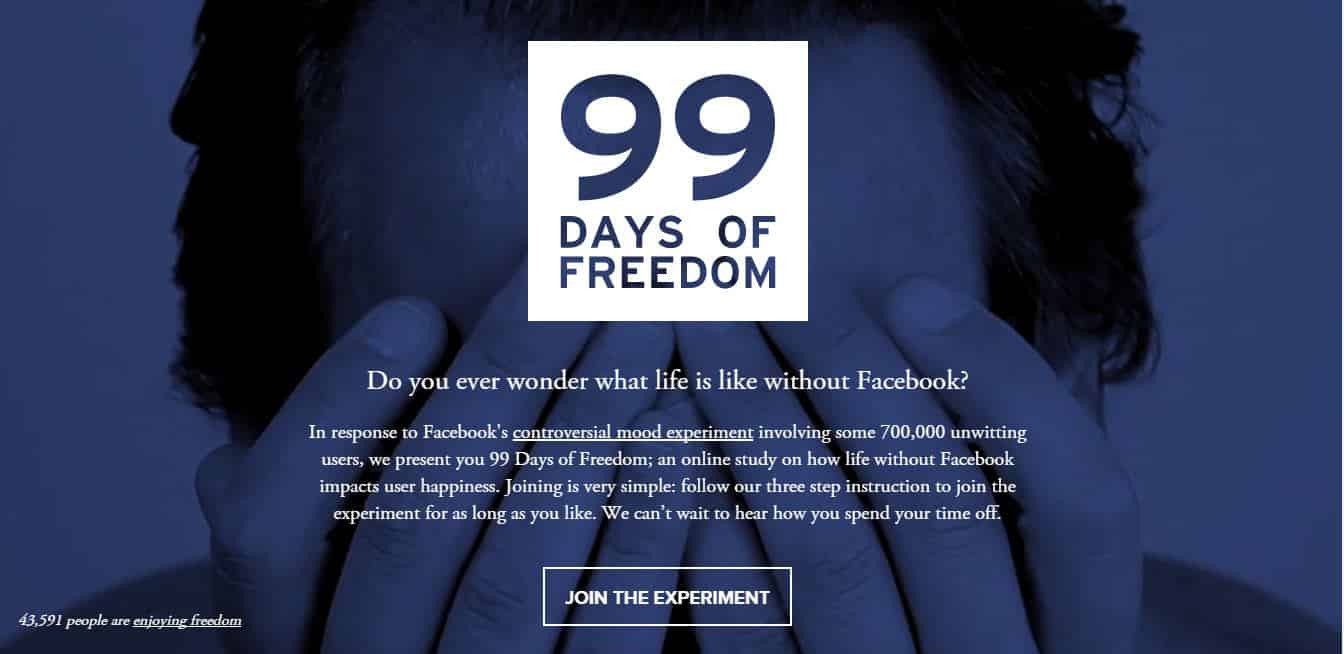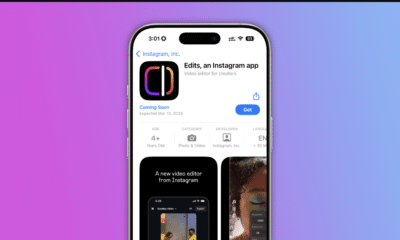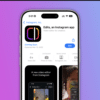News
Facebook addiction is real and researchers have found four reasons behind it
Has someone ever told you that they are off Facebook and you decide to get off the social network too? But after a couple of days you realise that you have opened your internet browser and your hand automatically types facebook.com? Don’t worry, you are not alone.
A team of researchers from Cornell University observed a Dutch online experiment called 99daysoffreedom where many people took part and had a similar experience. The online campaign encourages people to deactivate their Facebook account for 99 days in three easy steps. They then contact the participants after 33, 66 and 99 days to see how they are doing.
The research team’s findings were taken from more than 5,000 surveys that were issued to participants of the experiment. The researchers have found four reasons why people cannot get off Facebook. These were the four reasons why participants ultimately went back and re-activated their accounts.
The first and foremost reason is perceived addiction i.e most people feel that logging on to their social media account has become a habit. “In the first 10 days, whenever I opened up an internet browser, my fingers would automatically go to ‘f’”, said one of the participants.
The second reason is privacy and surveillance. Those users who feel that they are being monitored will not come back but on the other hand those users who use Facebook to check out what other people think of them are most likely to come back easily.
Like so many things that depend on our moods, going back to Facebook too depends on their mood. The third reason is subjective mood. Those users who are in a good mood are likely to continue with the experiment and not re-activate their accounts.
Other social media is the fourth reason. The team found that those users who had other social media accounts like Twitter, Instagram etc are less likely to come back and re-activate before the 99 days.
However, the researchers have found that after this experiment, even users who re-activated their accounts before the allotted 90 days made many changes such as uninstalling the mobile facebook app, limiting the number of friends or reducing and limiting the amount of time spent of Facebook.










































